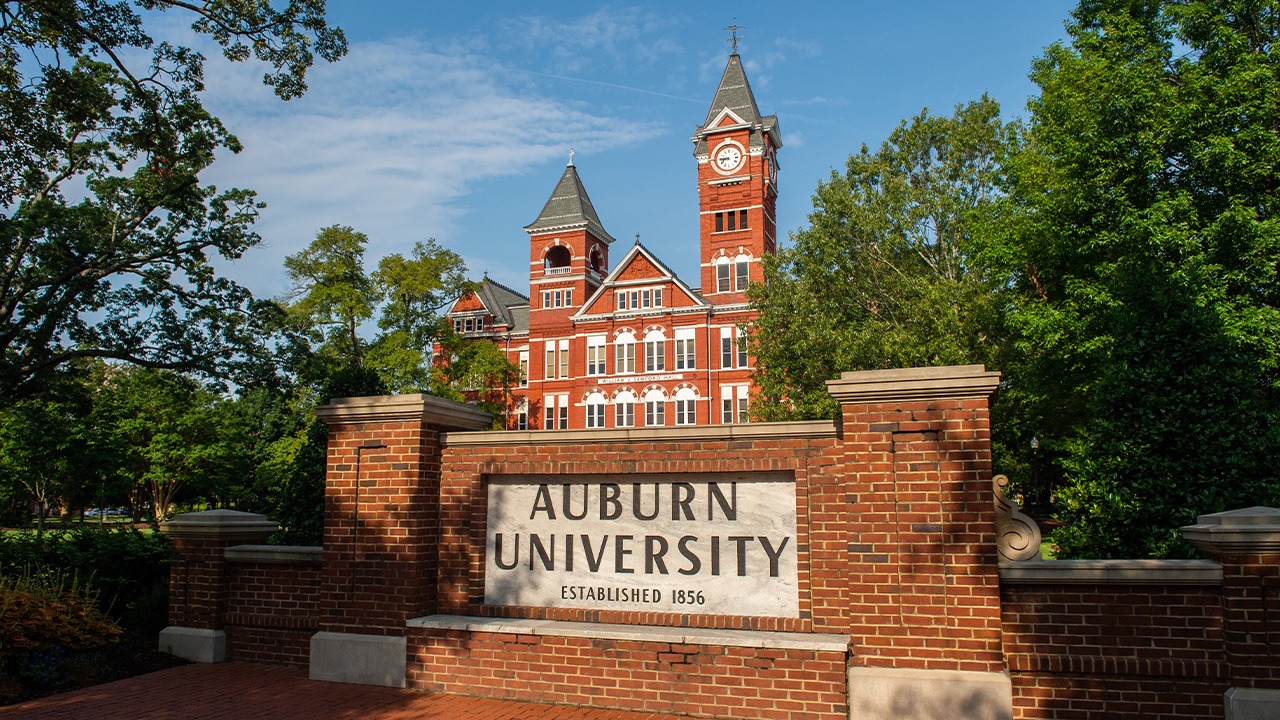content body
More Auburn students than ever are staying enrolled and graduating on time thanks to the university’s continued efforts to elevate student success and advance career readiness.
Released this week, the institution’s official census highlights several historic milestones, including a 94% first-year retention rate and an 82% six-year graduation rate. The data reflects the university’s ongoing commitment to supporting students from enrollment through graduation while preparing them to succeed in a competitive, rapidly evolving workforce.
“These most recent outcomes demonstrate the intentional work happening across our campus to educate our students inside and outside the classroom, from the moment they arrive,” President Christopher B. Roberts said. “The exceptional student experiences at Auburn continues to position our students to be engaged, informed, and consequential citizens.”
Auburn’s efforts to retain and graduate more students are also reflected in the university’s fall enrollment numbers. While Auburn experienced a record-breaking year for first-year applications, the university strategically welcomed 6,112 first-year undergraduates, 1,326 undergraduate transfer students, and more than 6,200 graduate and professional students. With total student enrollment of just over 35,000, Auburn’s newest undergraduate freshmen class remains among the most academically prepared, with an average high school GPA of 4.11 and an average ACT score of 28.8. Representing all 67 Alabama counties, the first-year cohort includes students from all 50 states and the District of Columbia. Approximately 8% of the incoming freshmen were selected to participate in the Honors program and more than 61% of the university’s current undergraduate students qualify for Alabama residency.
The university’s emphasis on students continues to deliver measurable results, particularly in its post-graduation outcomes. Within six months of graduation, 84% of Auburn’s 2024 graduates reported positive first-destination outcomes, including increases in employment, continued education, and military service. The data, collected at graduation and again six months later, yielded a 99% knowledge rate, providing a comprehensive view of graduate outcomes and further demonstrating the impact of Auburn’s academic and co-curricular services. Of those planning to enter the workforce, 83% had secured employment, while 88% of those pursuing graduate education had enrolled in advanced programs.
“Alongside our rigorous and relevant academic programs, our students benefit from robust high-impact experiences such as internships, practicums, field studies, study abroad, collaborative research, and campus involvement,” Roberts added. “These opportunities play a vital role in shaping graduates who are both competitive and well-prepared to take their next steps.”





